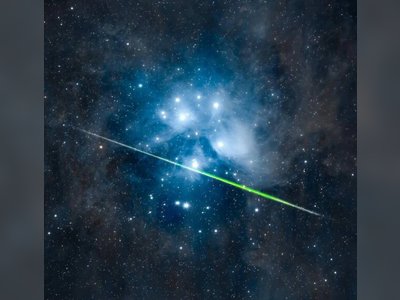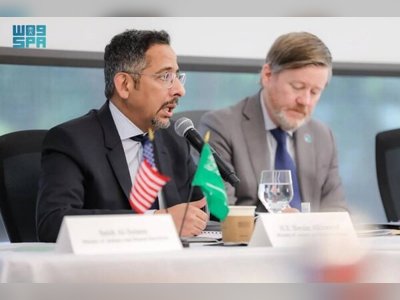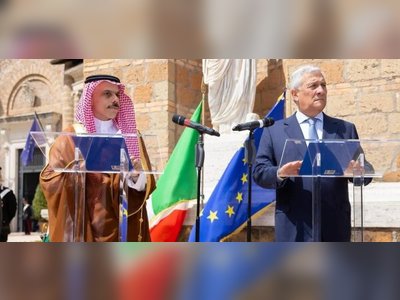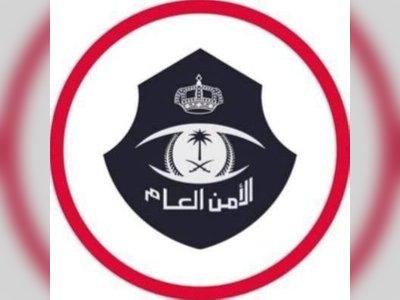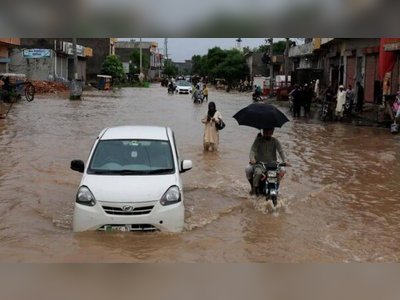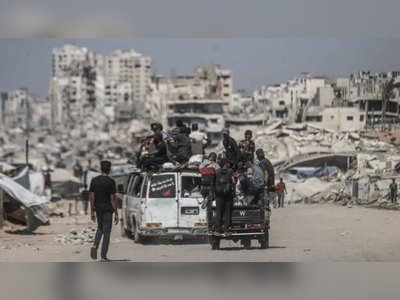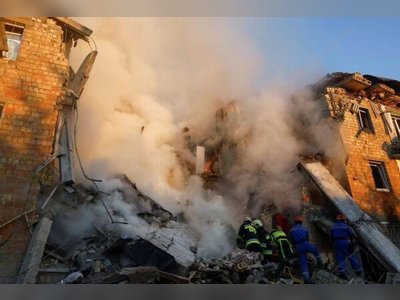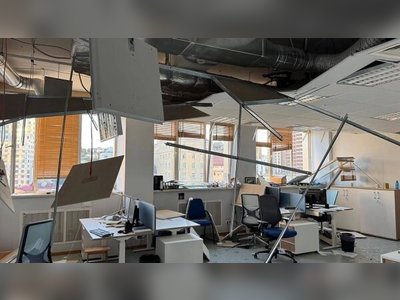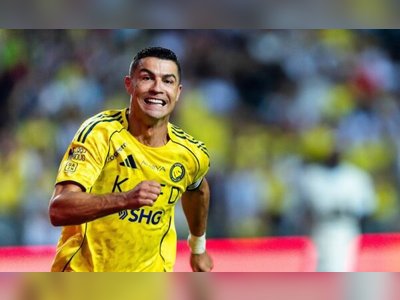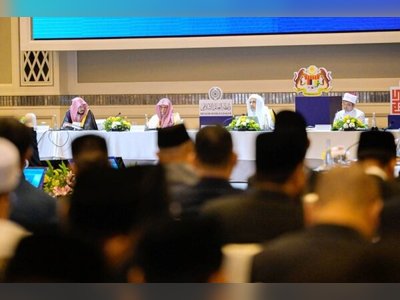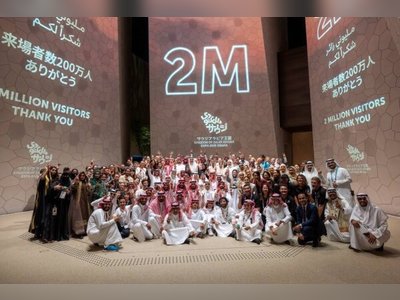
North Korea's Kim Jong Un Attends Military Parade in Beijing with Putin
The landmark visit by North Korean leader Kim Jong Un to a military parade in Beijing alongside Russia's Vladimir Putin signifies a key diplomatic victory for Chinese President Xi Jinping.
North Korea's leader, Kim Jong Un, is set to attend China's "Victory Day" military parade on 3 September, which marks the 80th anniversary of Japan's formal surrender in World War Two and the end of the conflict.
This event will be attended by 26 heads of state, including Putin and Xi Jinping, who have been pushing for a new world order led by Beijing.
Kim's attendance is significant as it represents the first time a North Korean leader has participated in a Chinese military parade since 1959.
The parade will showcase China's latest weaponry, including hundreds of aircraft, tanks, and anti-drone systems.
Analysts and Western powers are expected to closely scrutinize the event.
Chinese foreign ministry praised North Korea for their decades-long "traditional friendship" and stated that both countries will continue to collaborate on regional peace and stability.
The attendance by Kim alongside Putin and Xi will be a signal of influence, despite its limitations.
It is also noteworthy as US President Donald Trump attempts to broker a deal with Moscow to end the war in Ukraine.
North Korea's participation could provide Xi Jinping with more confidence heading into any summit with Trump.
Kim's reluctance to travel abroad has made his international visits significant, especially given that most Western leaders will not attend the parade due to their opposition to Russia's invasion of Ukraine.
South Korea's new president, Lee Jae Myung, is invited but has not yet accepted.
North Korea has criticized Lee, rejecting all attempts at engagement.
Attending the parade could provide an opportunity for Lee to get physically close to Kim, but it also poses risks.
The list of leaders attending reflects China's rise and its changing relationship with the world.
It includes presidents from Indonesia and Malaysia, as well as Myanmar's military ruler Min Aung Hliang, who is heavily dependent on Chinese trade and aid.
European Union representation will be limited, with only one EU leader attending.
In contrast to previous parades, fewer European leaders are participating this year.
This event will be attended by 26 heads of state, including Putin and Xi Jinping, who have been pushing for a new world order led by Beijing.
Kim's attendance is significant as it represents the first time a North Korean leader has participated in a Chinese military parade since 1959.
The parade will showcase China's latest weaponry, including hundreds of aircraft, tanks, and anti-drone systems.
Analysts and Western powers are expected to closely scrutinize the event.
Chinese foreign ministry praised North Korea for their decades-long "traditional friendship" and stated that both countries will continue to collaborate on regional peace and stability.
The attendance by Kim alongside Putin and Xi will be a signal of influence, despite its limitations.
It is also noteworthy as US President Donald Trump attempts to broker a deal with Moscow to end the war in Ukraine.
North Korea's participation could provide Xi Jinping with more confidence heading into any summit with Trump.
Kim's reluctance to travel abroad has made his international visits significant, especially given that most Western leaders will not attend the parade due to their opposition to Russia's invasion of Ukraine.
South Korea's new president, Lee Jae Myung, is invited but has not yet accepted.
North Korea has criticized Lee, rejecting all attempts at engagement.
Attending the parade could provide an opportunity for Lee to get physically close to Kim, but it also poses risks.
The list of leaders attending reflects China's rise and its changing relationship with the world.
It includes presidents from Indonesia and Malaysia, as well as Myanmar's military ruler Min Aung Hliang, who is heavily dependent on Chinese trade and aid.
European Union representation will be limited, with only one EU leader attending.
In contrast to previous parades, fewer European leaders are participating this year.
